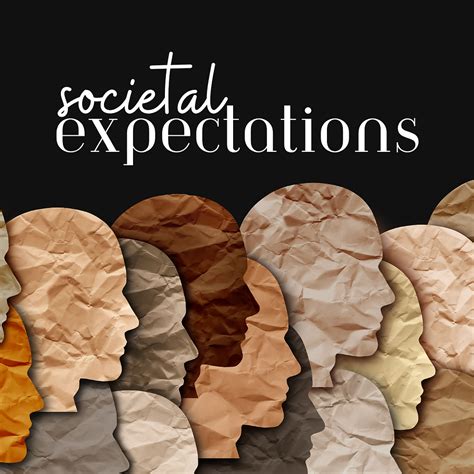The Unspoken Code: Emotional Stoicism and Male Friendships
For generations, men have been implicitly, and sometimes explicitly, taught to internalize emotions rather than express them openly. This expectation of emotional stoicism – the ability to endure pain or hardship without showing feelings or complaining – deeply permeates male identity. While often lauded as a sign of strength and resilience, this cultural mandate has profound implications for how men navigate and express affection and support within their most intimate platonic friendships.

The Roots of Reserve: Traditional Masculinity
From childhood, boys are often encouraged to be ‘tough,’ ‘strong,’ and ‘manly,’ phrases that frequently translate into suppressing vulnerability, tears, and overt displays of affection. Phrases like “boys don’t cry” or “man up” reinforce a cultural narrative that positions emotional expression, especially sensitive ones, as weakness. This creates a psychological ‘man box’ where a narrow range of acceptable emotional responses is permitted, primarily anger or detached amusement, while tenderness, sadness, or fear are often policed or shamed. This societal conditioning naturally extends into adult relationships, shaping the very fabric of male platonic bonds.
Expressions of Affection: More Than Words
Within this framework, traditional verbal expressions of affection, such as saying “I love you” or offering direct emotional affirmations, can feel uncomfortable or even forbidden for many men. Instead, affection in male platonic friendships often manifests through an intricate dance of non-verbal cues and shared experiences. This might include:
- Shared Activities: Spending quality time together, engaging in sports, hobbies, or shared projects. The act of ‘doing’ together often serves as a primary vehicle for connection and bonding.
- Acts of Service: Practical help, such as assisting a friend with a move, fixing something, or offering a ride, are potent demonstrations of care and support. These actions speak volumes where words might falter.
- Teasing and Banter: Playful insults, ‘roasting,’ or lighthearted competition can serve as a form of bonding and affection, signaling closeness and trust without direct emotional language.
- Physical Gestures: A pat on the back, a fist bump, a handshake, or a shoulder punch often replace hugs or more tender physical touch, acting as coded signals of camaraderie and comfort.
- Presence: Simply being there, offering silent company during a difficult time, or showing up for important life events, is a profound expression of loyalty and support.

Support in Crisis: Problem-Solving Over Empathy?
When a friend faces a crisis, the instinct for many men, shaped by stoicism, is often to move immediately into problem-solving mode rather than initially offering emotional validation or space for feelings. While practical solutions are undoubtedly valuable, this approach can sometimes bypass the crucial step of acknowledging and processing the emotional impact of a situation. A man might offer advice, distracting activities, or even downplay the severity of the situation in an attempt to ‘fix’ it, rather than simply listening and empathizing with the emotional pain. This isn’t a lack of care, but rather a learned response to express care in a way deemed more ‘masculine’ or less ‘vulnerable’.

The Cost of Emotional Silence
While these alternative expressions of affection and support are meaningful, the pervasive influence of emotional stoicism can come at a cost. It can lead to:
- Limited Vulnerability: Friends may struggle to share deeper fears, insecurities, or emotional struggles, leading to surface-level interactions even in long-standing friendships.
- Unmet Emotional Needs: A lack of direct emotional affirmation or empathetic listening can leave men feeling isolated or misunderstood, even when surrounded by friends who care deeply.
- Mental Health Impacts: Suppressing emotions is linked to increased rates of stress, anxiety, depression, and loneliness among men.
- Misunderstandings: The nuanced code of male affection can sometimes be misinterpreted by those outside the immediate circle or even by the friends themselves if not properly understood.

Shifting Tides: Towards More Openness
Fortunately, societal expectations are slowly evolving. There’s a growing recognition of the importance of emotional literacy and authentic connection for men’s overall well-being. Younger generations, in particular, are challenging traditional notions of masculinity, leading to more open discussions about mental health and more varied expressions of affection within male friendships. Media and cultural figures are also playing a role in destigmatizing male vulnerability, encouraging men to lean into deeper, more emotionally honest connections.
Ultimately, while traditional forms of male affection and support hold their own unique value, a conscious effort to expand the emotional lexicon within male friendships can lead to richer, more fulfilling, and more supportive bonds. It’s about recognizing that strength isn’t just in stoicism, but also in the courage to be vulnerable and connect on a deeper emotional plane.




